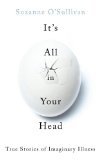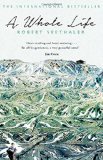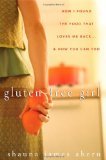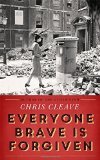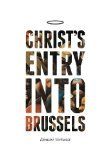 Source: Free review copy received from publisher
Source: Free review copy received from publisher
Translated from the Dutch by David Colmer
Five words from the blurb: Jesus, Belgium, publicity, welcoming, committee
Christ’s Entry Into Brussels is a novella that satirises modern society by imaging what would happen if Jesus Christ were to announce his second-coming. It shows the way authorities would panic at the thought of the global media descending, the fights over who would be able to meet Jesus, and the way the public react to this happy news.
I was worried that this book might be overly religious, or offensive in some way. Luckily it was neither – it simply mocked our way of life, particularly the political system.
It was hardly surprising: everyone of any name or fame was dying to be photographed next to a man who shared his DNA with Gold Almighty. Any deeds of nobility that could be conjured up were worthwhile; there was no arse so filthy it wasn’t worth kissing; no pride too small or too big that it couldn’t be pushed aside to clear the way for some craven toadying.
I loved the informal, chatty style of writing and the way the narrator directly addressed the reader. It would probably grate over a longer book, but was perfect for this novella.
My only problem was that some references to the Belgium political system went over my head. I think I got the general gist of these jokes, but suspect that anyone familiar with the country would enjoy it even more.
Christ’s Entry Into Brussels is a short, but entertaining book and I look forward to investigating Dimitri Verhulst’s other books.

.

